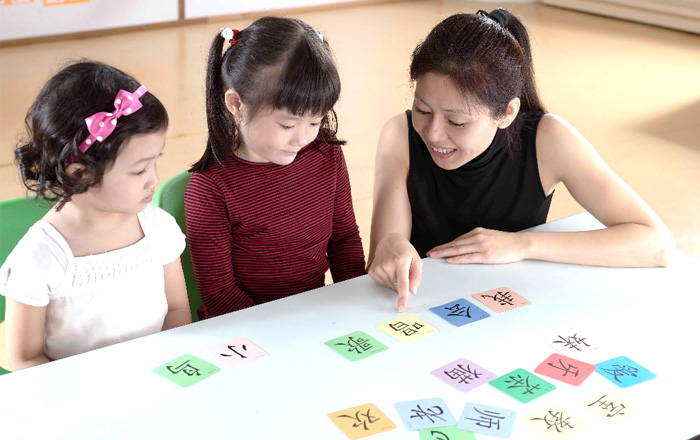BBC Study Links Speech and Drama with Intelligence
July 2, 2018
According to a study conducted by the BBC, the standard IQ test neglects to take into consideration multiple other aspects of intelligence, rendering it inaccurate and biased.

The seven individuals selected for the study.
Photo courtesy of BBC.
The experiment selected seven individuals, all outstanding in their respective fields of expertise, and put them through a series of ‘intelligence’ tests. Apart from the IQ-type tests, which produced predictable results, creativity was also assessed by using a test developed in the 60s: “Name as many uses as you can for a sock in 10 minutes.”
The results saw the creatives, which included dramatist/critic Bonnie Greer, doing comparatively well. For the subsequent test on creativity through visual idea, the dramatist came out on top. And when it came to measuring flexibility and all-round intelligence, she tied with quantum physicist Seth Lloyd.
So what exactly sets dramatists like Bonnie ahead of the pack? Well, we know Speech and Drama lessons have their fair share of benefits, but how do they actually improve one’s intelligence?
Divergent thinking and creativity
The ‘alternative uses’ test is a measure of divergent thinking and values one’s ability to tap on their creativity, originality, and practicality. Robert Sternberg, from Tufts University, Boston, maintains that creativity is an essential aspect of one’s IQ. He says, “Creativity was a tool for the high flyers – the Einsteins, the Darwins, the Newtons. But now the world has changed so much that creativity is now a vital part of intelligence for everyone.”
In Speech and Drama lessons, students practice divergent thinking in their encounters of the portrayal of life from different viewpoints, and are encouraged to generate and explore the many possible resolutions to the material that is covered, thereby expanding their worldview.
Fluency and expressive ability
Creative drama also improves a child’s ability to communicate and express themselves. Through regular discussions, writing scripts, and performing, children are able to become more fluent, learn how to communicate effectively, and build up their vocabulary in a welcoming environment.
Furthermore, through articulation and enunciation practices, they are groomed to craft more eloquent and creative responses, and learn to engage audiences in a natural manner.
Emotional intelligence
When it came to the emotional intelligence portion of the test, the study saw Bonnie doing comparatively well understanding the emotions of others.
Emotional intelligence can be said to cover five main areas: self-awareness, emotional control, self-motivation, empathy, interpersonal skills. Skills such as these developed in our formative years often provide the foundation for future habits later on in life, and will benefit children not just academically but holistically too.
Drama is an excellent catalyst for the development of a child’s EQ, or emotional intelligence. Through speech and drama lessons, students become more dialed in to the emotional signals of others, which in turn strengthens their ability to connect better in relationships.
All these invaluable skills are within reach with both English and Chinese Speech and Drama courses at your child’s disposal, at Crestar Learning Centre and the Chinese Bridge Language School respectively.


